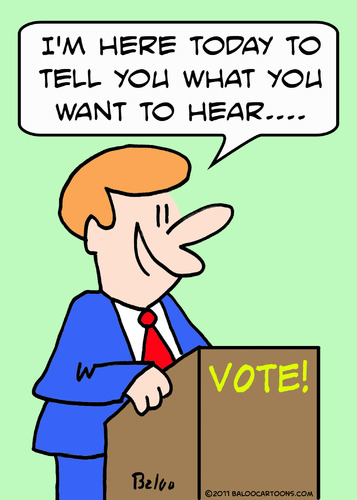What do politicians do?

This year has certainly been a very interesting one in the realm of politics. From the vigorous debates and drama in the US election, to Brexit, and to the elections in Philippines and Australia, the political departments of news and media outlets have seen a busy time. With the changing political landscape, we also see a change in the people running the show. David Cameron resigned as the Prime Minister of the United Kingdom, Nigel Farage will soon step down as an MEP, considering the UK is no longer part of the EU, President Obama will soon be no longer be in office, and Stephen Harper resigned from his parliament seat just last month.
Many students come to Law School with the hopes of one-day running for office, a trend which perhaps holds true more so for our cousins down south. One does not need to look much further than the biographies of the US Senators and Congressmen to see the designation “J.D.” followed by a law school somewhere in their introduction. Research by Nick Robinson, of Yale University shows the massive influence lawyers have had on US politics; 200 years of historical data suggests that more than half of all presidents, vice presidents and members of Congress in the US had a background in law.
The trend also continues within Canada. After all, Trudeau – a teacher by profession – is only the 7th Prime Minister since confederation to hold office without a law-degree. Canadian lawyers have had their fair say in politics though the winds seem to be changing. The Canadian parliament, once a chamber full of lawyers has certainly become less monolithic. Lawyers only comprised of 14 percent of the total MP’s in Canada’s 41st Parliament compared to the 34 per cent of the 21st Parliament in 1949. Though the Canadian Parliament today boasts a very diverse group of individuals who come from various walks of life, such as doctors, businessmen and women, and educators, the lawyers’ circle in the governing body is by no means negligible.
The debate about why so many lawyers are politicians or whether lawyers make good politicians is both interesting and ongoing. No matter what the answer is to the age old puzzle, a post-office life raises some interesting challenges. Whether you set foot in law school with the intention of one day running for office, or your ideas mature over time, it might be worth investigating your long term options.
Whether a politician is replaced by a competitor or voluntarily gives up his seat, leaving office is surely not an easy exercise. One goes from having a highly privileged position in society, a lucrative salary, private office, and staff in the one of the country’s nicest buildings to effectively being an “average person.”
Though life might not be so terrible. For those willing to work after their time an office, can usually find well-compensated consulting positions. For example, James Moore, former federal industry minister and MP from British Columbia, joined Dentons as a senior business advisor. Those with previous field-specific experience can snatch a respectable career position. For instance, Peter MacKay joined Baker & McKenzie’s Toronto office as a partner after his time as MP and attorney general. Some can even snatch a corporate board seat or a cushy CEO position. Ted Menizes, the former Minister of State of finance, resigned from parliament to become the CEO and President of CropLife Canada, an international trade organization that lobbies for the agricultural biotechnology industry.
Stephen Harper announced recently that he will take up a job with the Dentons office in Calgary to provide expert advice to clients on managing global economic and geopolitical risk. The ex-Prime Minister is also the CEO and chairman of his consulting company “Harper & Associates Consulting Inc.”, which advises clients on developing international business.
Moving a little back in time, Paul Martin – after losing as PM, but while he was still an MP – launched a charitable organization, the Martin Aboriginal Education Initiative, which brings entrepreneurship programs to schools with the goal of curtailing the indigenous student dropout rate. Apart from his charitable work, he worked with African Development bank gave advise on various policy issues within Canada. His predecessor, Jean Chrétien started his new life as counsel for Heenan Blaikie, the same firm where Pierre Trudeau also worked after his time as the Prime Minsiter. Chrétien also held many energy-related posts including a special adviser to the Calgary- based PetroKazakhstan.
Down South, life is not so bad either. Politicians are often recruited by companies as advisors or lobbyists; many get positions on boards of different companies and some even join prestigious law firms or global banks. Three-Term Senator Judd Gregg was hired as an international advisor by Goldman Sachs. In 2014, Gazprombank GPB (OJSC), a Russian Bank hired two former senators Trent Lott and John Breaux to lobby against U.S. Sanctions. Former President Bill Clinton – like Jimmy Carter – began his own philanthropic organization, the Clinton Foundation, which aims to help ameliorate the problem of global poverty and disease while vice-President Al-gore began teaching at Columbia University.
While some choose corporate careers, others go down the philanthropic route and there are still other who like the allure of academia. No matter what the career choice, it appears that the careers of politicians do not end with their political aspirations, an age old wisdom perhaps best described by Aristotle some 2,400 years ago: “politicians also have no leisure, because they are always aiming at something beyond political life itself: power and glory, or happiness.”
